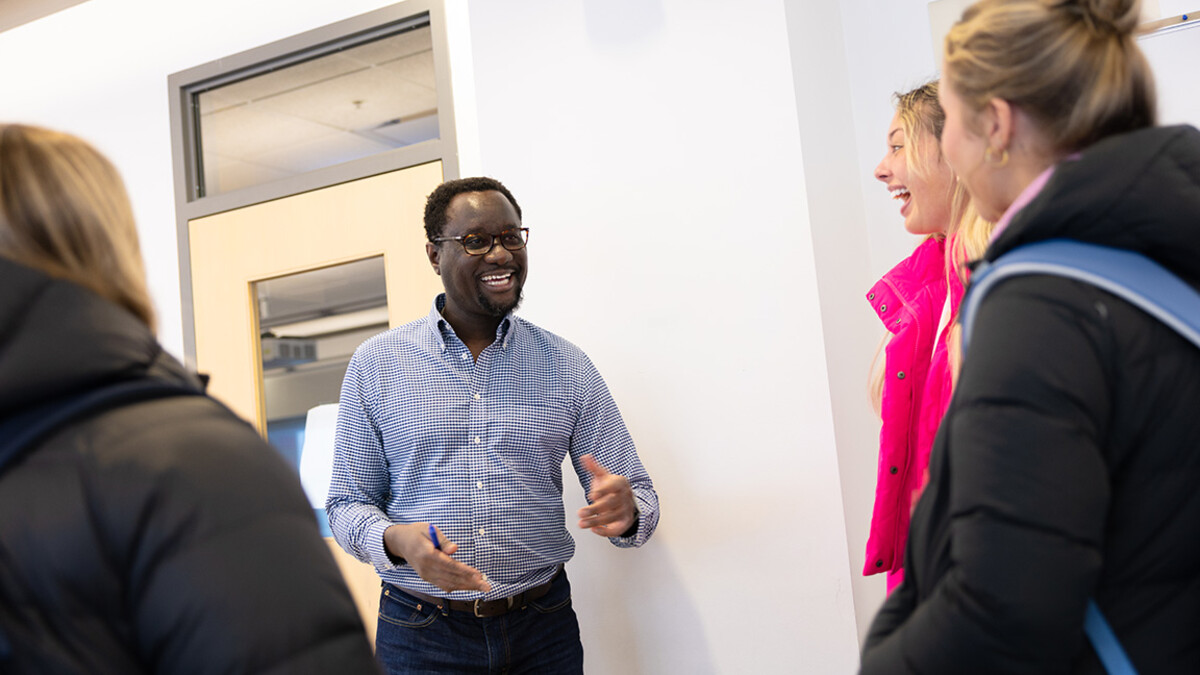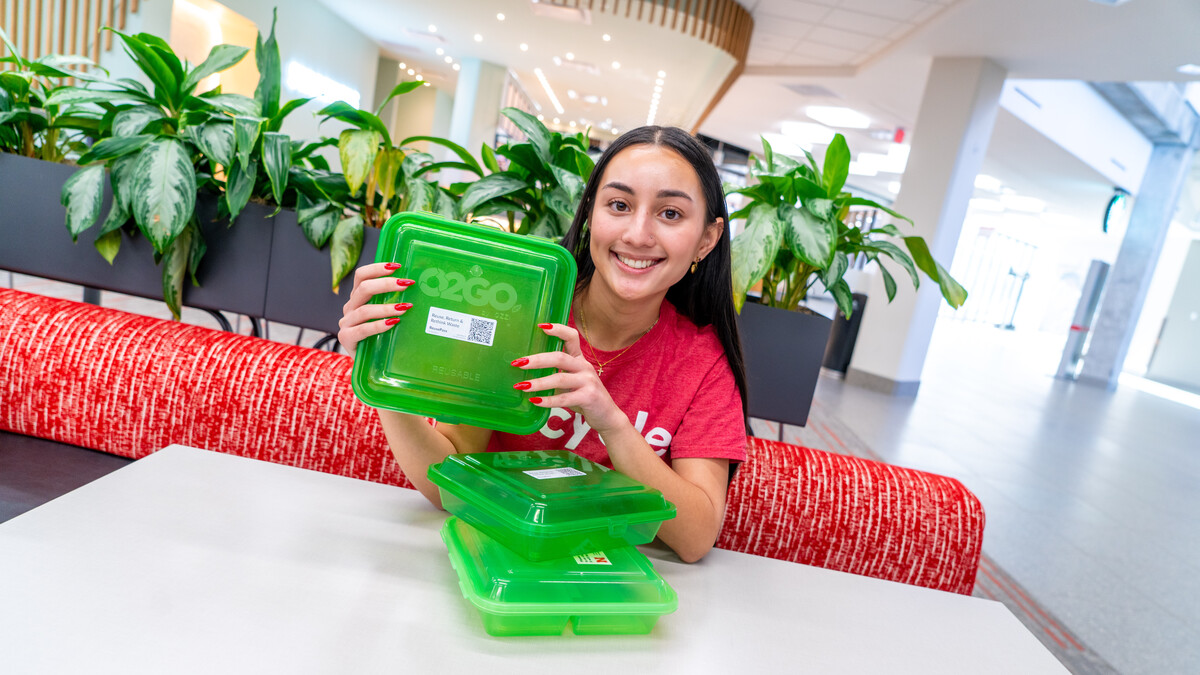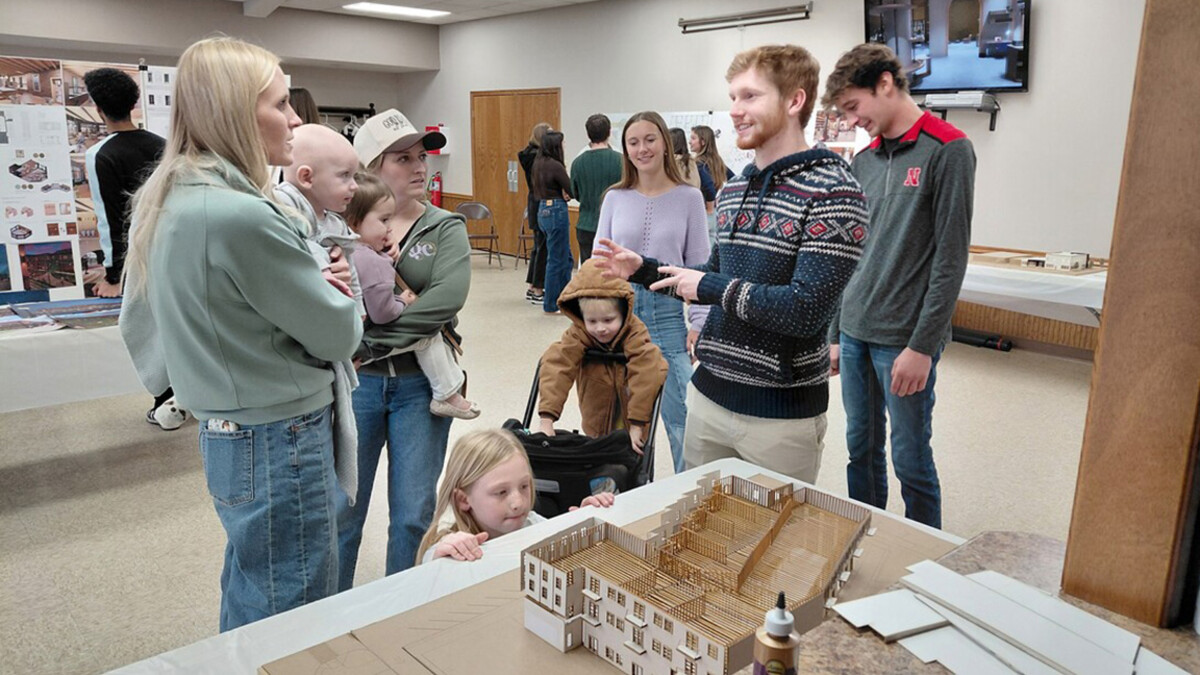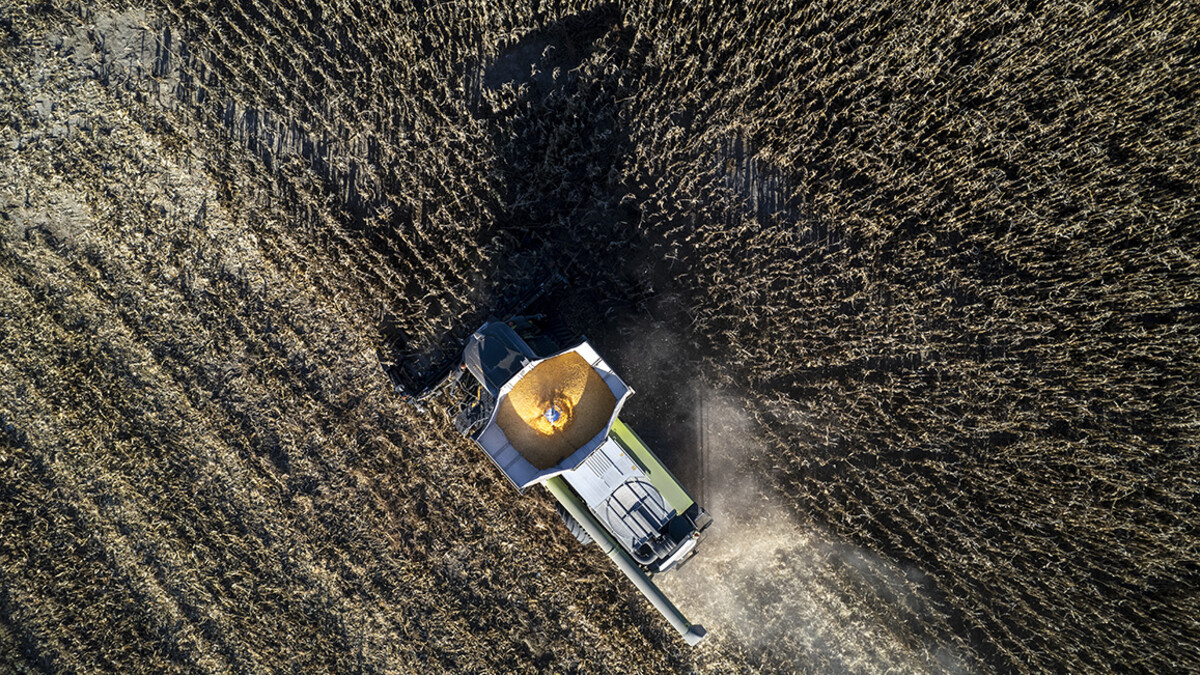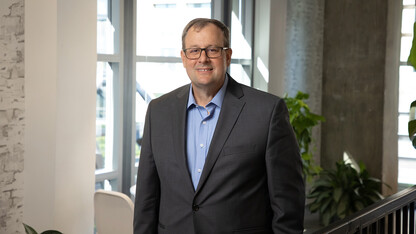
A Dec. 1 panel discussion at the University of Nebraska-Lincoln will examine the Syrian refugee crisis from the perspectives of people with direct experience with it.
Organized by students affiliated with the Great Plains National Security Education Consortium, the panel will feature Syrian refugees and representatives from Lincoln’s Yazidi community, along with an official from the Nebraska Department of Health and Human Services. The panel, which begins at 5 p.m. in the Nebraska Union Auditorium, 1400 R St., will be moderated by Patrice McMahon, an associate professor of political science whose research focuses on the intersection of international security, conflict and human rights.
Originally, the panel was to examine the origins of the Syrian civil war and its military, diplomatic and human rights repercussions, said Tyler White, an assistant professor of practice in political science who assisted students in organizing the event.
The focus has changed in the wake of recent ISIS-related attacks in Paris, Beirut and Mali and the downing of Russian Metrojet Flight 9268, with the resulting backlash of concern about resettling Syrian refugees in the United States.
“Syria and ISIS: The Human Cost” is now the topic for discussion, White said, with panelists to share information about the civil war, the ISIS insurgency and the people fleeing ISIS in Syria and Iraq.
The panelists will include:
Abla Hasan, an assistant professor of practice who directs UNL’s Arabic Language and Culture program. Hasan, who is Muslim, came to UNL as a Fulbright student in 2007.
Rula Jabbour, a doctoral student in political science, specializing in international relations, Middle Eastern and security studies. Jabbour, who is Christian, came to Nebraska in 2004 with a State Department scholarship.
Abid Kassim and Hadi Pir, Yazidi advocates. They are part of a large resettlement in Lincoln of Yazidi people who escaped religious persecution by ISIS in Iraq and Syria.
Kristin Gall, refugee health coordinator for the Nebraska Department of Health and Human Services. She will discuss the resettlement process for people fleeing Syria, including the differences between political-asylum seekers, refugees and immigrants.
Hasan, who was formerly a philosophy student at Damascus University, said she never dreamed when she came to the United States that she would not return to Syria.
“I left my marriage photos there,” she said. “I didn’t bring anything with me. I wasn’t thinking I’d never go back to my country.”
That changed when Syrian activists followed the example of rebels in Tunisia and Egypt and launched a revolution during the Arab Spring in 2010.
Yet Syrian dictator Bashar Al-Assad clung to power while militia groups such as ISIS gained momentum. Some family and friends have been kidnapped or killed and many have moved out of Syria.
“It’s too dangerous for anyone to stay,” Hasan said.
Jabbour said her father and mother fled their home in a village near Latakia in 2012, after her father, a farmer and community leader, was warned that he was about to be killed.
“He and my mother left everything,” she said.
Both Hasan and Jabbour said they agreed to participate in the panel because they feel a moral obligation to help Americans better understand what is happening in Syria.
They described a complicated mixture of sectarian strife, secular dreams of greater democracy and freedom, and super-power politics between Russia and the United States over their spheres of influence.
While Hasan said she understands why the United States has been reluctant to get involved, the conflict’s humanitarian aspects were overlooked until a photo of a young child who drowned trying to escape from Turkey to Greece emerged in social media earlier this year.
“No one really appreciated it as a humanitarian crisis until those photos made their way to the media,” Hasan said.
Jabbour said Christian Syrians would prefer the secular governance of al-Assad, but radical extremist groups such as ISIS are trying to take advantage of the situation to impose a sectarian state.
“Now the people in Syria are caught in the middle,” she said.
